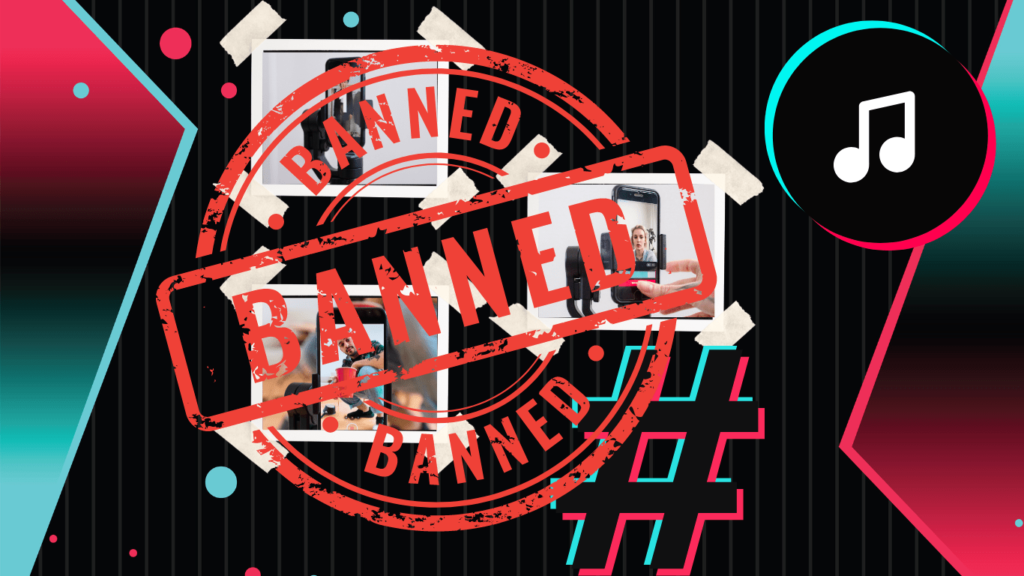The United States House of Representatives has recently passed a significant bill that could potentially alter the landscape of social media. The bill aims to compel Bytedance, the Chinese parent company of TikTok, to divest its ownership of the popular video-sharing app or face a ban in the US. This move comes amid growing concerns over national security and data privacy issues associated with Chinese-owned technology platforms operating in the United States.

The passage of the bill by the US House of Representatives marks a critical juncture in the ongoing debate surrounding TikTok’s presence in the American market. The app, known for its viral short-form videos, has amassed a massive user base in the US, particularly among younger demographics. However, its ties to China have raised red flags among US lawmakers, who view it as a potential threat to national security.
At the heart of the issue is the fear that TikTok, under the ownership of a Chinese company, could be compelled to hand over user data to the Chinese government, thereby jeopardizing the privacy of American users. These concerns have intensified in recent years, leading to calls for stricter regulations and oversight of Chinese-owned tech companies operating in the US.
The bill passed by the US House of Representatives seeks to address these concerns by mandating that Bytedance divest its ownership of TikTok within a specified timeframe. Failure to comply with the divestment requirement would result in TikTok being banned in the US, effectively severing its access to one of its largest and most lucrative markets.
The passage of the bill reflects bipartisan support for increased scrutiny of Chinese-owned tech companies operating in the US. Lawmakers from both sides of the political aisle have expressed concerns about the potential risks posed by Chinese-owned platforms, citing instances of data breaches and privacy violations.
Proponents of the bill argue that it is necessary to safeguard national security and protect American consumers from potential threats posed by foreign-owned technology platforms. They point to previous instances where Chinese-owned companies have been implicated in data privacy scandals, underscoring the need for greater regulation and oversight.
However, critics of the bill warn that it could have unintended consequences, including retaliation from the Chinese government and potential disruptions to the global tech industry. They argue that banning TikTok could set a dangerous precedent for other foreign-owned companies operating in the US, leading to increased tensions and trade disputes.
Despite the controversy surrounding the bill, its passage by the US House of Representatives signals a significant escalation in the ongoing debate over TikTok’s future in the US market. As the bill moves to the Senate for consideration, the fate of TikTok hangs in the balance, with stakeholders closely watching the outcome of legislative deliberations.
In conclusion, the passage of the bill to force Bytedance to divest TikTok or face a ban represents a pivotal moment in the ongoing debate over national security and data privacy in the digital age. The outcome of this legislative action could have far-reaching implications for the future of social media and the broader tech industry, underscoring the complex interplay between geopolitics, technology, and consumer privacy rights.